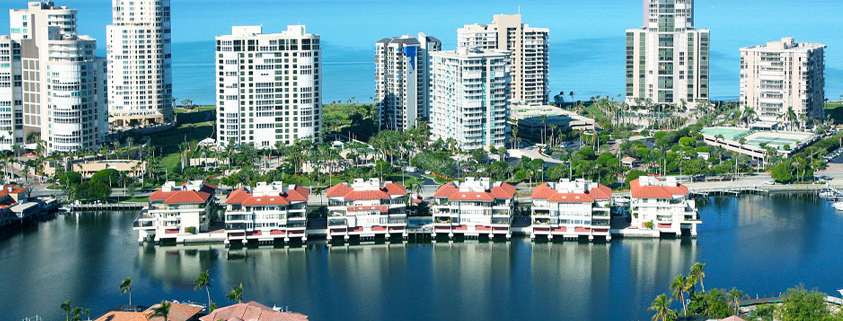I beg your pardon, Florida has promised you a rose garden
This was a slim 2019 legislative session when it came to new laws affecting Condominium or Homeowners’ (HOA) Associations with only 2 new laws passed. In House Bill 7103, older condominiums over 75 feet tall got another last minute reprieve from having to retrofit their buildings with fire sprinklers, opt-out or adopt an engineered life safety system until 1/1/2024.
For those green thumbs out there, Senate Bill 82 became law effective July 1, 2019 which says that: “a county, municipality, or other political subdivision of this state may not regulate vegetable gardens on residential properties. Any such local ordinance or regulation regulating vegetable gardens on residential properties is void and unenforceable.”
It defines “vegetable garden” as “a plot of ground where herbs, fruits, flowers, or vegetable are cultivated for human ingestion”.
The local government may still regulate watering, fertilizer or control of invasive species of a general nature as long as the regulation is not specific to regulating vegetable gardens.
It appears from the language in the bill that the local government cannot even regulate where on the residential lot the vegetable garden can be located. So, we may start to see a variety of vegetable gardens in the front yards when driving around town.
You may note that this new law only pertains to local governmental entities’ regulations and does not mention (or therefore apply to) private HOA’s or condominium association rules and regulations. Therefore, private neighborhood and condominium associations should still be able to regulate whether vegetable gardens are allowed and if so where they can be located on the residential lot or property through the Associations’ Architectural Review or Control Boards (ARB or ARC) or through the Board of Directors.
The new vegetable garden law states that the Legislature intent was to: “encourage the development of sustainable cultivation of vegetables and fruits at all levels of production, including for personal consumption, as an important interest of the state.”
This new law seems to harken back to the “victory gardens” of WWI and WWII, although there is no apparent current war effort to support. It is nice though for those who want to grow their own fruits, flowers and vegetable as a means to promote a healthier lifestyle with a diversity of produce.
If vegetable gardens catch on in parts of Florida counties and cities that aren’t regulated by private community associations, then some private HOA’s and condominium associations may adopt new rules or regulations to allow for such gardens at specified locations on the residential lots or on the common areas.

